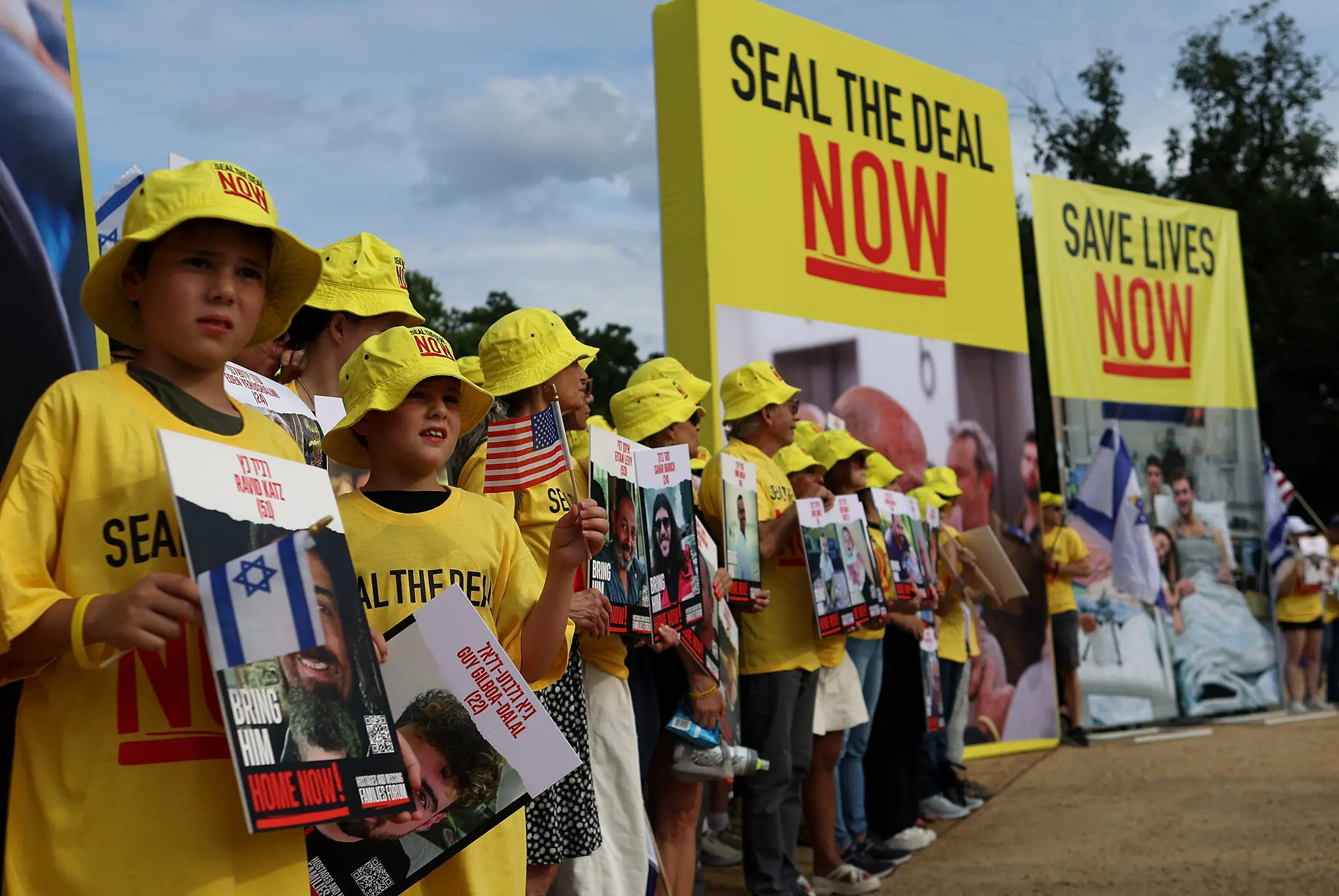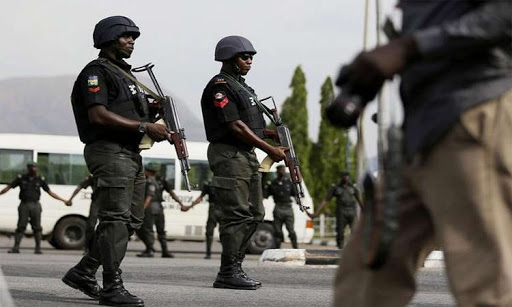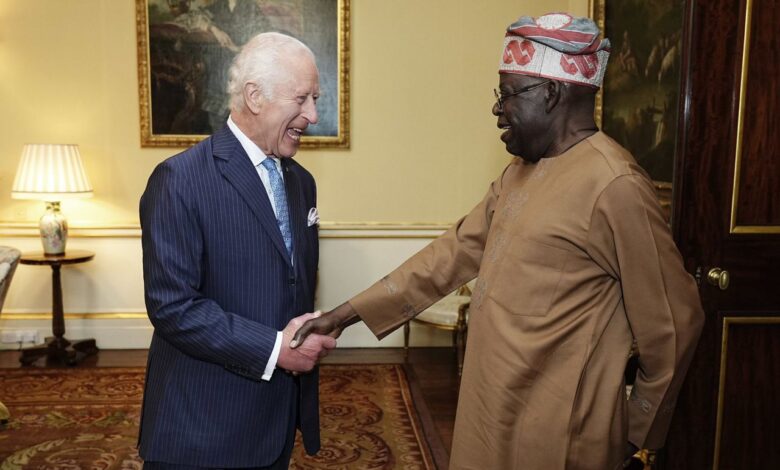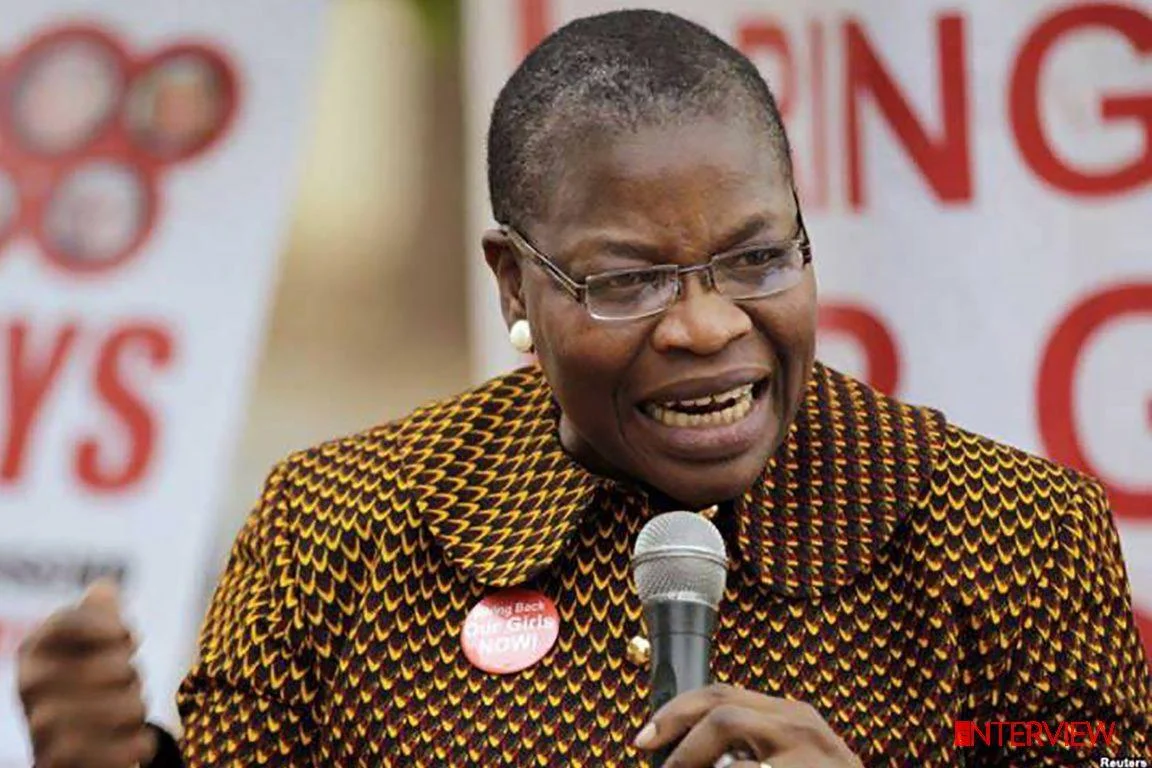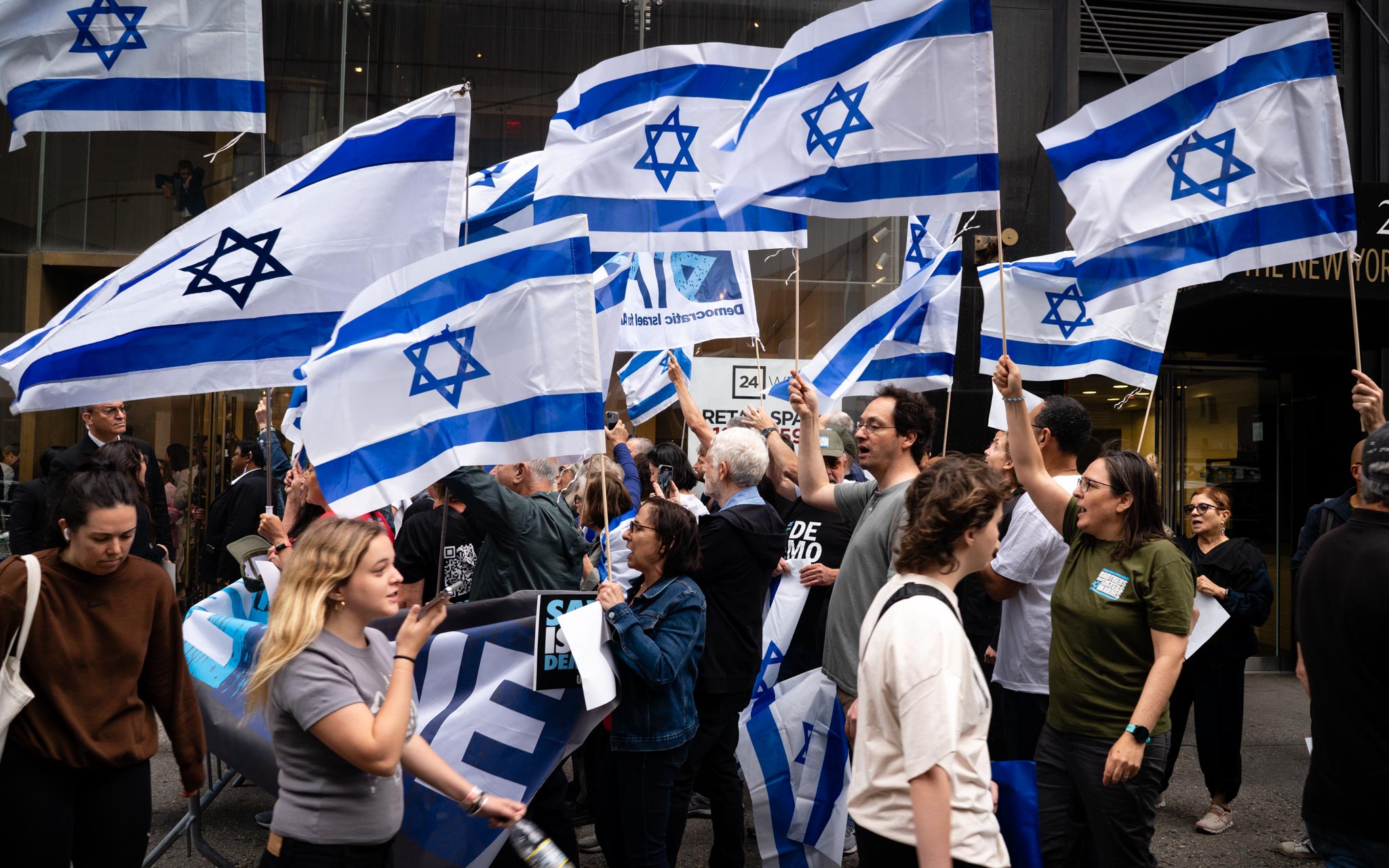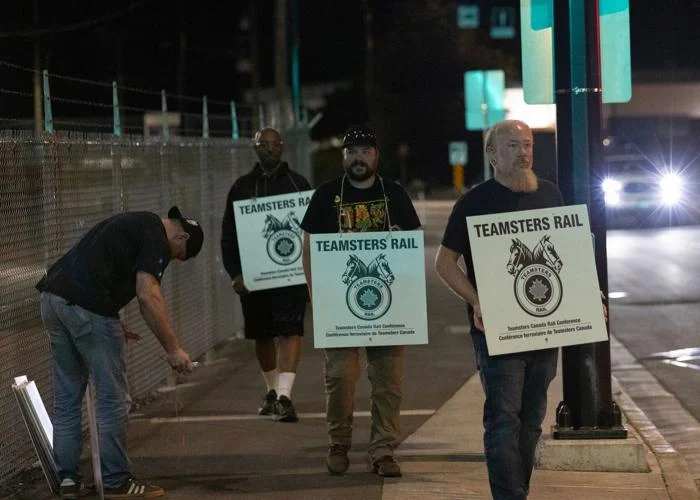Nine months into the Gaza conflict, Israeli protesters took to the streets on Sunday, blocking highways nationwide to demand the resignation of Prime Minister Benjamin Netanyahu and call for a ceasefire to secure the release of hostages held by Hamas.
The protests gained traction as recent diplomatic efforts showed signs of progress. Hamas dropped a significant demand for an Israeli commitment to end the war, though the group still insists on guarantees for a permanent ceasefire. Netanyahu, however, remains steadfast in his objective to dismantle Hamas’ military and governing structures, stating, “Any agreement will allow Israel to resume its operations until all war goals are achieved.”
The “Day of Disruption” began at 6:29 a.m., commemorating the exact moment Hamas launched its initial rockets on October 7. Demonstrators obstructed major roads and gathered outside government officials’ residences. Near Gaza, 1,500 black and yellow balloons were released to represent those killed and abducted.
Hannah Golan, participating in the protests, expressed frustration over the government’s inaction: “It’s been nine months since that tragic day, yet our government still shirks responsibility.”
The October 7 attack by Palestinian militants resulted in the deaths of around 1,200 people and the abduction of 250. Israel’s counteroffensive has claimed over 38,000 Palestinian lives, according to Gaza’s Health Ministry, which does not differentiate between combatants and civilians. About 120 hostages remain in captivity, following the release of more than 100 in a ceasefire deal in November. Israel has confirmed the deaths of over 40 hostages, with concerns that the toll may rise as the conflict continues.
The U.S. has rallied international support for a phased ceasefire proposal, wherein Hamas would release the remaining hostages in exchange for a lasting truce and Israeli withdrawal from Gaza. While Hamas seeks assurances for an end to hostilities, Israel demands the option to resume military action if negotiations over the hostages stall.
Israeli forces continue to confront Palestinian militants across Gaza after extensive bombing and ground operations. New evacuation orders were issued for parts of Gaza City on Sunday, a region heavily bombed and largely deserted earlier in the conflict.
In Khan Younis, the bodies of three Palestinians were found handcuffed near the Kerem Shalom crossing, with signs of beatings. Abdel-Hadi Ghabaeen, an uncle of one of the victims, claimed they were detained by soldiers while securing humanitarian aid deliveries. The Israeli military is investigating these reports.
Thousands of Palestinians have been detained since the war began, with released detainees and some Israeli workers alleging torture and harsh conditions. Israeli authorities deny these accusations.
Israeli airstrikes on Sunday killed at least 13 Palestinians, including Ihab al-Ghussein, a senior official in the Hamas-run government. The military stated it targeted a militant complex near a school and a Hamas weapons facility, taking measures to minimize civilian casualties. Additionally, an Israeli officer was killed in Rafah, bringing the military death toll to 680.
The conflict extended to northern Israel, where Hezbollah launched projectiles, wounding several people. The escalation in attacks and counterstrikes has heightened fears of a broader war.
Intense mediation efforts by the U.S., Egypt, and Qatar aim to secure a ceasefire. Hamas’ recent concession could pave the way for a temporary halt in fighting and further negotiations, although all parties caution that an agreement is not yet assured.
A proposed phased deal by the U.S. includes a six-week ceasefire, during which older, sick, and female hostages would be released in exchange for Palestinian prisoners. Israeli forces would withdraw from densely populated Gaza areas, allowing displaced residents to return home.
Despite these efforts, many Palestinians in Gaza remain skeptical. Heba Radi, sheltering in a tent with her six children, reflected the prevailing sentiment: “We have endured nine months of hardship. A ceasefire seems like a distant dream.”

